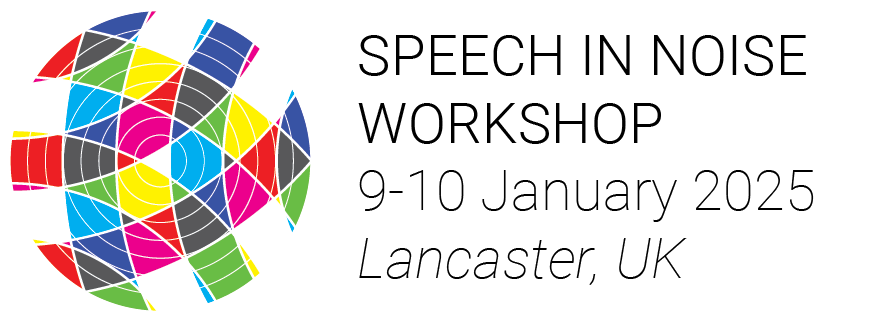P71Session 1 (Thursday 9 January 2025, 15:25-17:30)The effect of internalized stereotypes on speech perception in older adults: Evidence from SRT tasks in quiet and noise
One of the main concerns frequently raised by older adults is the difficulty they experience in hearing or participating in conversations. Indeed, a gradual decline in hearing ability occurs as a common and natural part of the aging process, associated with both physiological and cognitive factors. However, the literature on aging suggests that psychosocial factors may also contribute to age-related declines in performance. Specifically, internalized negative self-stereotypes about hearing loss can impact auditory performance, especially in tasks requiring speech comprehension or those presented in challenging conditions. This study examines the impact of these self-stereotypes on auditory performance in older adults.
Forty-one participants aged 60 and above were randomly assigned to one of two groups: a negative stereotype group (n=21) and a control group (n=20). All participants first completed a baseline Speech Recognition Test (SRT) in quiet to assess their speech recognition threshold, followed by a second SRT test in noisy conditions. For the noisy condition, the SRT test was presented with a broad-spectrum speech noise masker at 30 dB above each individual quiet SRT threshold. In the intervention phase, the negative stereotype group read a fictional leaflet presenting negative stereotypes about age-related hearing loss, aiming to trigger stereotype threat. The control group read a neutral leaflet unrelated to age-based stereotypes. After reading, all participants completed a self-assessment survey to gauge their personal attitudes toward hearing loss. The SRT tests were then repeated in both quiet and noisy conditions to identify any changes in performance post-exposure.
Results revealed a significant decline in auditory performance following exposure to negative stereotypes in the negative stereotype group, while no significant change was observed in the control group. A moderate but significant correlation emerged between participants' negative self-perceptions regarding hearing and their decreased performance after stereotype exposure. These findings suggest that negative stereotypes about age-related hearing loss can adversely affect auditory performance, as measured by both quiet and noisy speech recognition tasks. The results of this study highlight the potential influence of psychosocial factors on auditory performance, which may inform future research and intervention strategies aimed at alleviating the impact of stereotype-related threats. This underscores the importance of addressing psychosocial influences in clinical practice, as stereotypes may distort test outcomes beyond physiological hearing capabilities.

